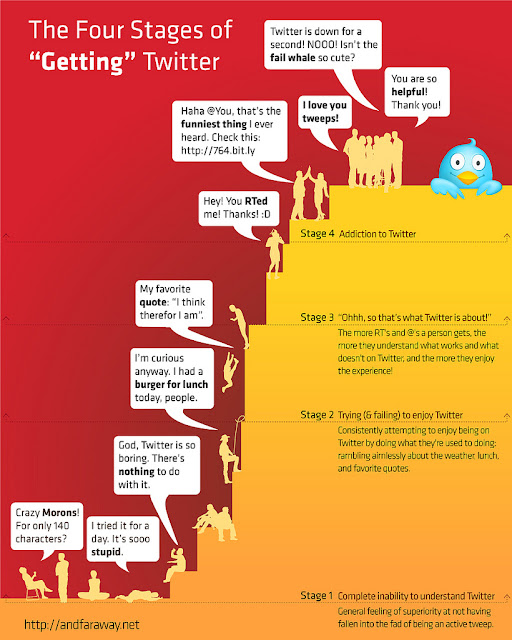That said, let's ponder the reality of Rotations and Flexible Scheduling...
Flexible Scheduling is the ideal. This is the ideal I was taught to strive for since I first read Information Power and decided to enroll in library school.
"The library media program requires flexible and equitable access to information, ideas, and resources for learning." (American Association of School Librarians, 1998, 89).Flexible Scheduling is the idea I was taught while working on my MLiS.
Flexible Scheduling is the ideal within the Standards and Guidelines that I used to measure my libraries' success for the past 12 years.
Library is flexibly scheduled and adequately staffed, and librarian provides at least 90% of point-of-need training for staff and students. (School Library Programs: Standards and Guidelines for Texas, Standard 1, Principle 3C)
Flexible Scheduling is the ideal that National Board upholds.
Specialists regularly involve others in discussing optimal facility use, and they understand the advantages of flexible scheduling, extended hours, and remote access to the library’s resources.
They advocate for flexible scheduling and open access to resources and information to meet students’ learning needs as they arise. (Library Media Standards, 2012, 36, 47)
Flexible Scheduling is the ideal that International Bacalaureate promotes for its schools, stating in their standards and practices that libraries play a central part in the implementation of the programmes
Flexible Scheduling is the ideal. And few of us are working in ideal settings.
Perhaps you are held back from the ideal by staffing, space, administrative mindsets, student populations, or other factors. Some of you replied it is difficult to advocate for flexible scheduling when providing conference time for teachers is what is saving your job. It is difficult to provide flexible access when your library is barely large enough for one class... how can you accomodate independent users at the same time? Or if you are the only staff member, how can you teach a class and assist other patrons simultaneously? In many cases you can't. But you can be flexible in your thinking.
Perhaps instead of Flexible Scheduling it should be promoted as Flexible Access. If you must be part of the rotation, is there any time beyond their regularly scheduled lesson that students can access the library to trade books? It doesn't have to be all day everyday, but is there a time (before school, advisory, homeroom, lunch, after school) when the library is open to students?
Perhaps, rather than Flexible Scheduling, we should think in terms of Flexible Teaching or Flexible Planning. There is no law that states you must teach random lessons out of context just because you cannot attend planning meetings. A few emails can clue you in to what is currently being taught in classrooms. Start with one teacher. Make the effort to build upon classroom curriculum even if it is only a one-way street right now. Some teachers will recognize what you are doing and begin to make requests. This is a good foundation.
What you said....
The last question asked for YOUR advice...
Be patient.
These words were a good reminder for me. In moving to a new school, I want to see change instantly and forget it takes time. It takes time to establish trust. It takes time to build relationships. In my case, the primary teachers still prefer to come at regular times. Fine. I am meeting them where they are at right now, but I am also planting seeds for the future. I have been able to open the flexible schedule door through informal conversations and "small-scale" flexibilities, inviting teachers to send their students in small groups if they need new books, canceling or rescheduling their library time without hard feelings when another classroom task demands that time, letting them know they can stay longer when the next period is free and students are happily reading, suggesting to primary students they send their students up to change books between weekly visits.
























